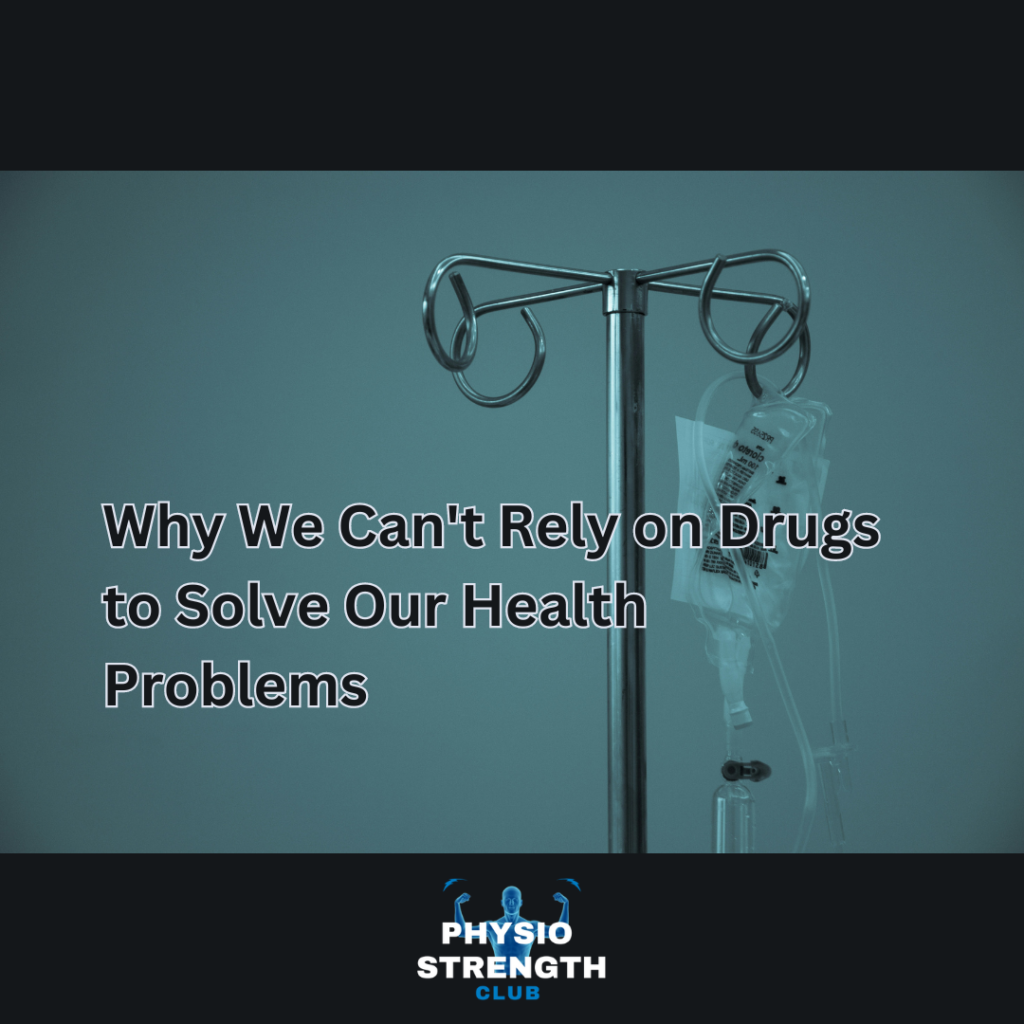We live in an age where a pill seems to be the answer to every ailment. From heart disease to headaches, the pharmaceutical industry has us convinced that a quick fix is just a prescription away. But is this really the solution to our health crisis?
Renowned expert Dr. Paul Clayton and countless other researchers suggest that we’re heading down the wrong path. While drugs undoubtedly have their place in medicine, relying solely on them to combat chronic diseases is a short-sighted approach.
The Limitations of Drugs
- Addressing Symptoms, Not Causes: Many drugs simply mask symptoms without addressing the underlying cause of the problem. This can lead to a cycle of dependency and a worsening of the condition over time.
- Side Effects: Even the most well-intentioned drugs can have unintended consequences. These side effects can range from mild to severe, sometimes even leading to new health issues.
- Cost: The rising cost of prescription medication is a significant burden for many people, making it inaccessible for those who need it most.
- Antibiotic Resistance: Overuse of antibiotics is contributing to a growing public health crisis as bacteria develop resistance to these medications.
A Holistic Approach
A more sustainable and effective approach to health involves a combination of factors:
- Nutrition: Consuming a diet rich in whole foods, fruits, and vegetables provides the body with essential nutrients to function optimally.
- Exercise: Regular physical activity is crucial for maintaining a healthy weight, reducing stress, and boosting overall well-being.
- Stress Management: Chronic stress can wreak havoc on the body. Incorporating relaxation techniques like meditation or yoga can help mitigate its effects.
- Sleep: Adequate sleep is vital for physical and mental health. Prioritizing quality sleep is essential for optimal function.
By adopting a holistic approach, we can empower ourselves to prevent and manage chronic diseases, reducing our reliance on medication and improving our overall quality of life.
It’s time to shift our focus from quick fixes to long-term solutions. Let’s prioritize prevention, invest in our health, and create a future where we thrive, not just survive.
Remember, this post is intended to provide general information and should not be considered medical advice. Always consult with a healthcare professional for personalized guidance.

